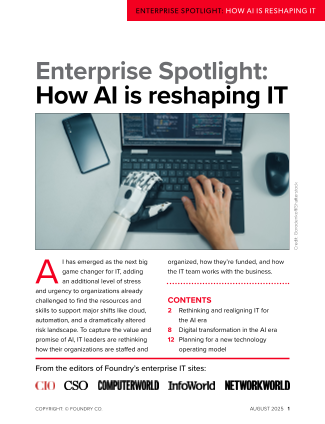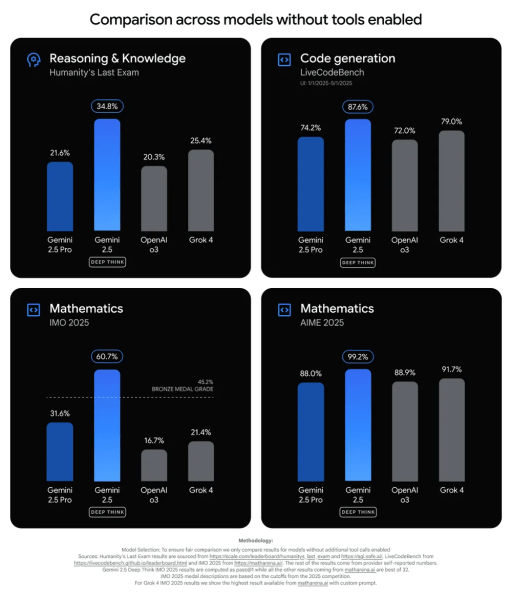
“Microsoft’s licensing practices are adversely impacting the competitiveness of AWS and Google in the supply of cloud services, particularly in competing for customers that purchase cloud services which use the relevant Microsoft software as an input,” said the CMA.
Such market power in the hands of Microsoft amounted to vendor lock and a barrier to entry for new rivals, termed “adverse effects on competition (AECs)” in CMA jargon.
“These licensing practices are a feature that, in combination with the other features we have identified, including Microsoft’s large and increasing market share in these markets, further restricts the already limited choice and attractiveness of alternative products and suppliers,” said the CMA.
AI Monopoly
The CMA also pointed out a structural problem with the development of cloud services in the UK and beyond, best summed up as first mover advantage.
Microsoft cornered the OS market in the 1990s through Windows, using this to promote its domination of office applications. A US Department of Justice investigation concluded as much in the early 2000s, mulling over and then rejecting the idea of breaking Microsoft up.
The internet could have challenged this dominance, except that the company was able to plot a cloud path for its application monopoly by migrating its Active Directory platform to the cloud in the form of Azure/Entra ID.





















